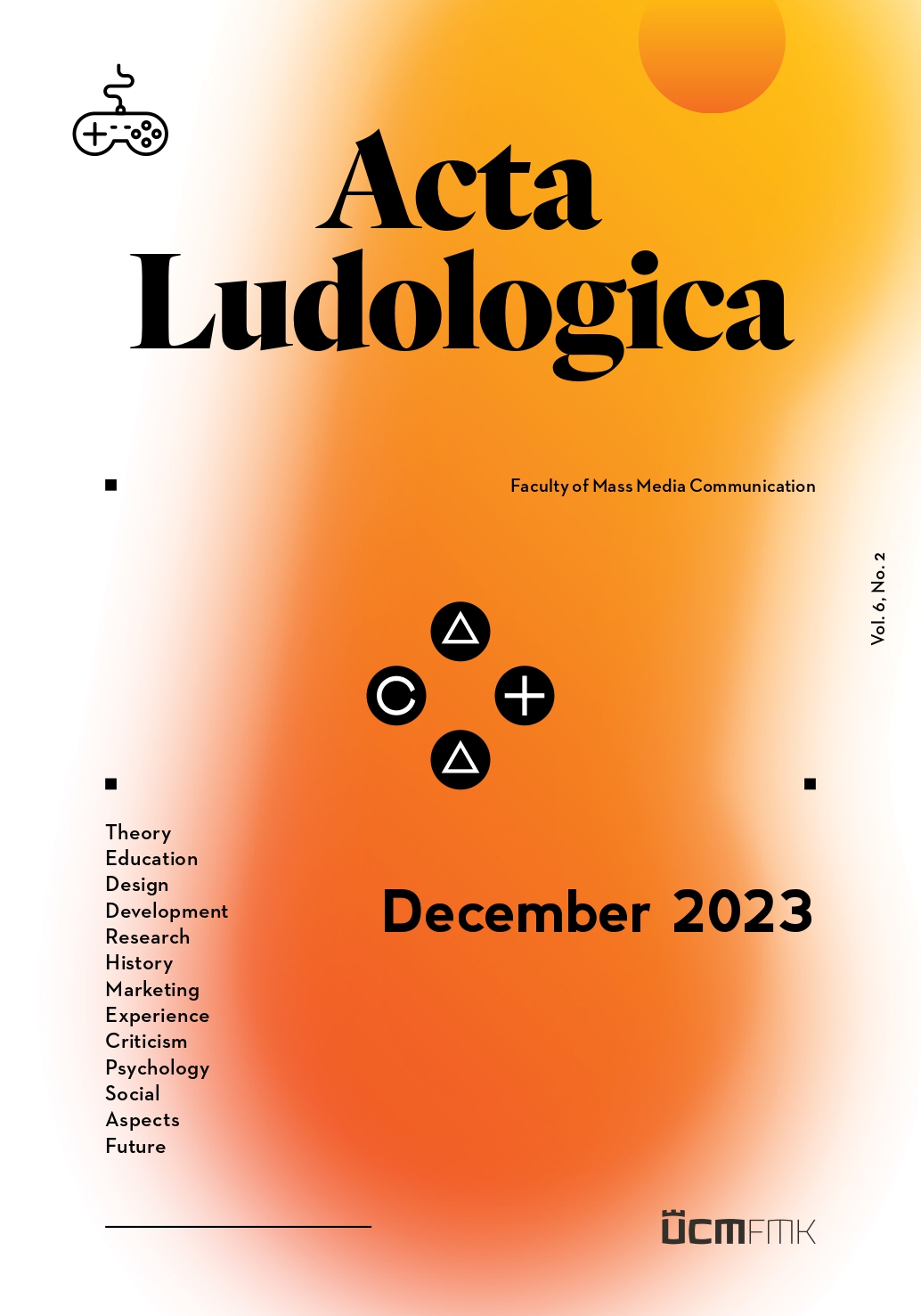ABSTRACT: The demands of educational practice are changing alongside our dynamically changing society. It is, therefore, necessary to purposefully and systematically seek ways to motivate, teach, and develop independent thinking among learners. This theoretical study aims to identify and characterize the essential assumptions and reasons for the implementation of digital games into ethical education classes. The fundamental premise is the thematic variability of game narratives, and a fulfillment of the experience attributes through the interactivity both in terms of the direct interactivity of the learner and the medium and in the subsequent discussion as a part of value reflection. Attention is focused on the process of ethical decision-making, ethical dilemmas, and problems that can be identified in many digital games containing at least a basic narrative structure. Interactive narration includes, besides the story itself, the influence of the participant on the further direction of the storyline, allowing players to see the consequences of their individual decisions within simulated situations. The study explores a game principle – the butterfly effect – in the context of ethical decision-making in particular through the game Detroit: Become Human, as well as demonstrates its usability within ethical education classes.
KEY WORDS: butterfly effect, decision-making, Detroit: Become Human, digital games, dilemmas, ethical education, game-based learning, storytelling.
View full article
